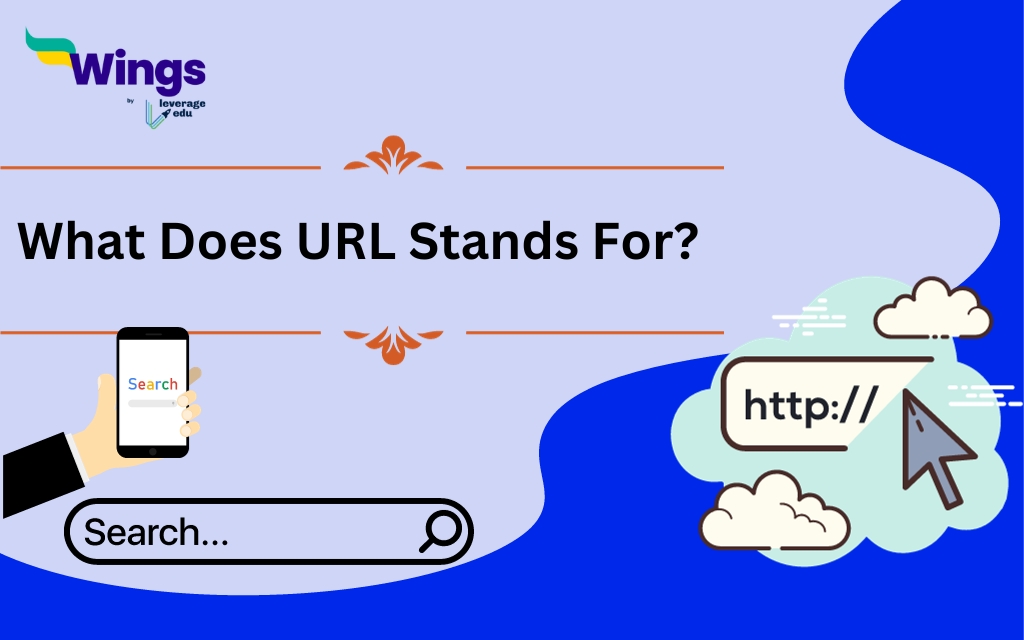Have you ever looked at a website on your device and wondered what are those words in the browser’s address bar? Is it what people famously call URL? Well, to your surprise, what does URL stand for is one of the most common questions people ask. With the advancement of technology and the excessive use of the internet, you browse millions of things on a daily basis. URL is a very crucial mechanism for retrieving the published data on the internet. If you are interested in getting further information then stay tuned and read ahead!
Also Read: What is the Full Form of HTTP?
What is the Full Form of URL?
The full form of URL is Uniform Resource Locator. It was created by Tim Berners-Lee in the year 1994. Every single URL will navigate you to a unique point that you are searching for. You can find the URL at the top of the Google page on the address bar. Moreover, a URL consists of multiple components such as a protocol and domain name. Interestingly, it can help site owners improve user experience and improve rankings on Google.
Types of URL
URL also referred to as Uniform Resource Locator is the location or web address of a particular page or already existing article be it an image or document. Every website or every webpage has a unique location or address called a URL.
Basic URL structure: type://address/path
Let’s take a look at an example of a URL:
https://leverageedu.com/: It is a URL of our website Leverage Edu which is a one-stop study abroad consultancy for Indian students who wish to pursue higher education abroad.
In this URL https is the type of the server, leverageedu.com is the address of the website, and “/” is the path that denotes the location of the address on the internet server.
There are two types of URLs mentioned below:
- Absolute URL
- Relative URL
Also Read: What is the Full Form of HTML?
Structure of URL
The structure of the URL includes:
- Protocols such as HTTP, https, FTP, etc.
- Domain name: It refers to the name of the website.
- Subdomain: It is an optional part that specifically categorizes the website.
- Path: It is the location that you are seeking. Example: https://leverageedu.com/discover/category/trending-events/ in this URL, discover/category/trending-events is the path that locates the trending events page.
- Query String and fragments are the other part of the URL.
Relevant Blogs
| National Science Day | World Development Information Day 2023: Date, History, Theme, and Significance |
| National Technology Day | Engineer’s Day Celebration Ideas |
| National Inventors’ Day | World Statistics Day |
FAQs
An example of a URL is https://leverageedu.com/ it is the URL of Leverage Edu which is a one-stop study abroad platform helping students to fulfill their study abroad dreams. This URL displays the protocol, domain name, and path.
There are two main types of URLs i.e. Absolute URL and Relative URL. Apart from it Canonical URL, Callback URL, and Vanity URL are also available.
You can simply find the URL on the very first page of Google. Just search for the page on Google and on the very top of the page is an address bar that displays the URL. Click on it and copy the URL you are looking for.
Hope you get an answer to What does URL stand for. For more information about such informative articles, make sure to check the trending events page of Leverage Edu.


 One app for all your study abroad needs
One app for all your study abroad needs












 60,000+ students trusted us with their dreams. Take the first step today!
60,000+ students trusted us with their dreams. Take the first step today!